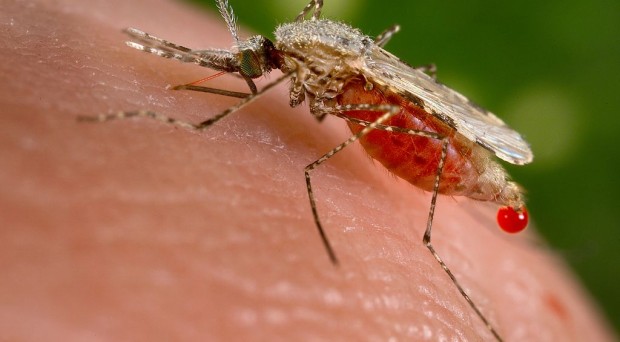
Malaria is an infectious disease caused by a parasite named Plasmodium falciparum, which is transmitted via the bites of infected mosquitoes. After infection, the parasites multiply in human liver and then infect red blood cells. It is a life-threatening disease usually manifested with fever, headache and vomiting in the first 10 to 15 days after the mosquito bite.
In 2013, there were 198 million estimated cases of malaria with 584,000 death cases. To make matters worse, the malaria parasites have become resistant to a number of drugs. Despite the dramatic decline in malaria cases and death, more than half a million infected people have lost their lives.
Worldwide efforts have been carried out to control and eliminate malaria. According to the WHO World Malaria Report 2014, out of the 106 countries with ongoing transmission of malaria in 2000, 64 have met the target of reversing the incidence of malaria.
On World Malaria Day 2014, WHO launched a manual for malaria elimination scenario planning. A year later, in 2015, WHO will launch a new technical strategy for the next fifteen years, with the aims to reduce malaria incidence and mortality rates by 90% and to achieve the elimination of malaria in 35 countries by 2030.
Agricultural development has played an important role in increasing malaria transmission. Therefore, understanding the interconnection between malaria and agricultural systems is of particular significance and can help improve both agricultural and health outcomes.
According to Benjamin K. Mayala’s cross-sectional study, the rural farming communities in Kilosa District in Tanzania have little knowledge about climate change and its impact on malaria burden. Food insecurity is common and community-based strategies to mitigate this need to be established. The findings call for an integrated control of malaria and food insecurity interventions.
In Nigeria, Malaria during pregnancy remains a serious public health problem, with substantial risks for the mother, her fetus and the newborn. Sani Abdullahi Fana researched this problem using a questionnaire. He found that malaria is still a major public health issue among pregnant women mainly due to illiteracy and non-compliance to using insecticide treated bed nets.
Increasing awareness about malaria preventive measures and early attendance of antenatal care services will help to reduce malaria and, consequently, its associated morbidities and mortalities.
Comments